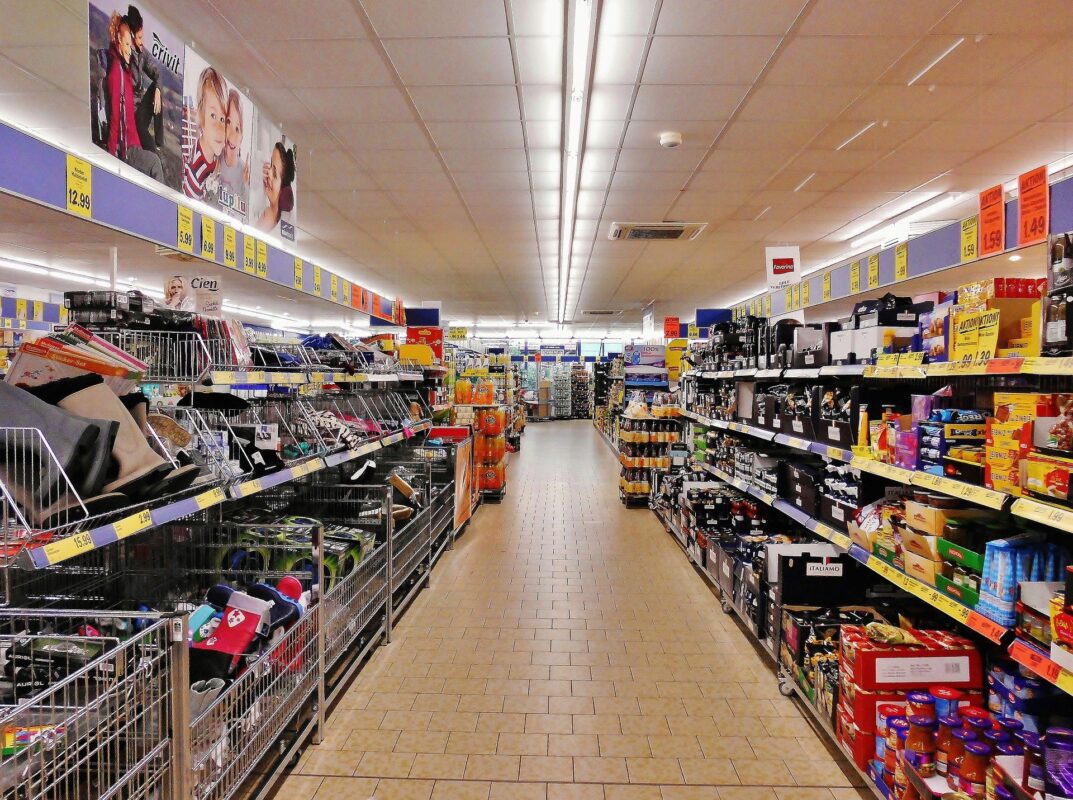As the war in Ukraine is developing into a humanitarian crisis, there is growing concern that it’s ripple effects could increase the price of people’s supermarket
Food prices have been increasing over the past year with staples such as tomatoes, margarine and apples rocketing with a 45% increase. In January alone UK inflation climbed to 5.5%, which is a thirty year high.
As the war continues, some experts are worried that food prices are going to surge as a result. As Russia and Ukraine are some of the largest producers of wheat, producing a combined total of 29% of all wheat exports. They also contribute 19% of the maize exports, and 80% of the worlds supply of sunflower oil. As the war is raging on, many of these exports may come to a sudden stop.

While the UK grows most of its own wheat most that gets imported comes from closer countries, such as Germany and France according to the Flour Millers group. And while we are not reliant on Russia or Ukraine for wheat, the rising costs will likely trigger higher food prices in the UK. The cost of meat, eggs and dairy could also rise owing to the need for wheat and corn for animal feed.
5 Tips to Save on Increased Food Costs
While we will have to wait and see what the full extent of the war in Ukraine will have on food prices, you will likely have already felt the pinch when it comes to your weekly supermarket shop. Here are some tips for helping to save with the increasing costs.
1. Plan ahead and write a shopping list
When you are heading out, make sure you plan what food and drink you will be for the specific period of time which will help make shopping more easily.
By making shopping lists, you will then reduce the chance of impulse buying items while you browse.
2. Consider alternatives
Food waste is one of the biggest issues in the UK. Many supermarkets have started selling imperfect and surplus food at a lower price point, with Morrisons selling boxes of these surplus veg.
Other places such as OddBox sell random boxes of these wonky fruit and vegetables. It’s a great scheme as the fruit is seasonal, but it is random so it also challenges you to cook different food.
3. Shop and eat seasonally
In the UK lots of supermarkets tend to run discounts on fresh produce when it is in season. Looking at what British produce is seasonal and when can help you save in the long run. For more information about what is in season, check out Eat The Seasons website.
4. Avoid supermarket traps
Supermarkets are always trying to steer you towards more expensive products by making your shop easier. At the end of the aisle is where most supermarkets will try and get you to impulse buy, through offering deals on brands. These glossy deals will often look better than they actually are.
When buying squash, while the medium sized bottle may have been reduced, the bigger bottle may still be cheaper per litre. This sort of comparison can only be made if you venture down the aisle, where all of the options will be available to you and will allow you to make more informed decisions.
Supermarkets will often keep cheaper deals on lower or higher shelves, reserving eye level for premium brands, so make







